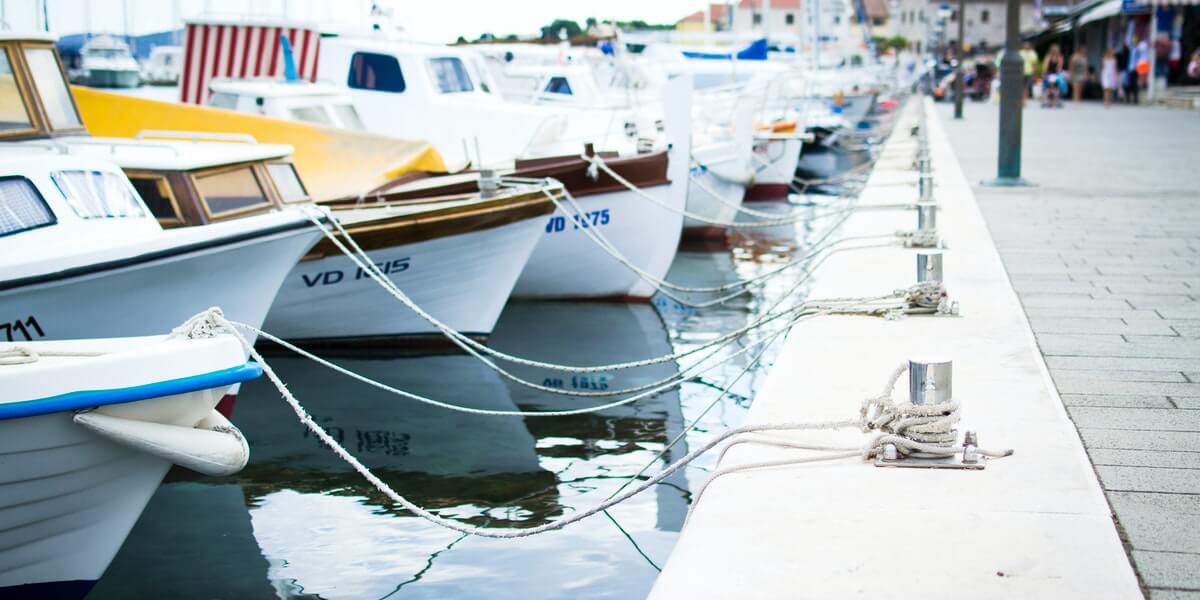With summer kicking off and the public eager to resume normalcy following the COVID-19 shutdowns, it is anticipated that many New Yorkers will turn to boating this summer season as a fun recreational activity to stay cool and party on. Keeping that in mind, however, it’s important to stay cognizant of New York State’s boating laws as, according to U.S. Coast Guard recreational boating statistics, alcohol use is the leading contributor to recreational boating deaths nationwide. In conjunction with many of New York State’s initiatives to keep the waters dry this holiday season, it is paramount that you know your rights—both as a driver and passenger—when it comes to boating under the influence so you can best protect yourself, your community, and plans this summer season.
Understanding New York’s BUI and BWAI Laws
In many states, the laws for operating motor vehicles and boats are similar, with the legal limit for drinking and driving being set at a blood alcohol concentration (BAC) of 0.08% g/dl. This is true for New York State, and for any boat, not just whether it has a motor in it. It also extends to things that many water-enthusiasts might not traditionally consider “a boat,” including canoes, kayaks, and rowboats.
While operating a boat under the influence is a federal offense, New York also has its own penalties for drinking and driving a boat in its state-controlled waters. New York has many different classifications for boating under the influence (BUI), including:
- boating while ability impaired by alcohol (alcohol-BWAI);
- boating while ability impaired by drugs (drug-BWAI);
- boating while intoxicated by drugs or alcohol (BWI); and
- boating with a BAC of 0.08% or more (BUI).
While BUIs BAC-level and penalties can range depending on the classification of the boater and prior BUI/BWAI history, traditionally these are how New York will classify boating offenses.
As far as the penalties for these offenses, alcohol-BWAIs carry the lightest penalties of the bunch, with the consequences for the first, second, and third offenses being:
- First: A violation, with $300-$500 in fines coupled with the potential of up to 15 days of jail time.
- Second: A misdemeanor, with up to $500-$700 in fines and up to a maximum of 30 days jail time.
- Third: A misdemeanor, with up to $750-$1,500 in fines and up to 180 days of jail time.
Regardless of the number of convicted alcohol-BWAI offenses, those charged will have their boating privileges suspended for anywhere from six to 12 months.
For drug-DWAIs, BWIs, and BUIs, the consequences are the same for each offense. The first, second, and third offenses range as follows:
- First: A misdemeanor, with $500-$1,000 in fines and up to a year in jail.
- Second: A class E felony, with up to $1,000-$5,000 in fines and up to a maximum of 4 years in prison.
- Third: A class E felony, with up to $2,000-$10,000 in fines and a maximum of 7 years in prison.
Drug-BWAIs, BWIs, and BUIs also carry a 12-month suspension of boater privileges for the first offenses, with anything afterward carrying a 24-month suspension.
Increased Public Awareness & New York State Initiatives
Considering that alcohol is the leading cause of recreational boater deaths, it’s to no one’s surprise that New York would continue its efforts to try and keep people safe this summer season. One of the most longstanding initiatives (since 2009) is Operation Dry Water; a joint operation from the New York State Park Police, State Department of Environmental Conservation, the U.S. Coast Guard, and other groups, to heighten awareness, educate boaters, and increase law enforcement presence around state waters year-round.
Brianna’s Law, which requires all operators of motorized boats to undergo a state-approved boating safety course, is still being phased-in in New York. All motorboat operators born on or after January 1, 1993, must acquire a boating safety certificate according to a law passed in 2019. Failure to comply might result in a fine of $100 to $250.
Beginning in 2022, all boaters born on or after January 1, 1988, will be required to wear a life jacket. The requirement will be extended to those born on or after January 1, 1983, in 2023, and to those born on or after January 1, 1978, in 2024. Beginning in 2025, the legislation will apply to all operators, regardless of age.
Staying Safe and Having Fun This Summer
Ultimately, these laws are in place to help keep all members of the greater New York State community safe this summer when enjoying the waters of the great outdoors. By being cognizant of what alcohol and drug-related laws are in place when it comes to your boat operations, you can best keep yourself and your party safe. If you have additional questions about New York State’s boating laws or are facing any of the above charges, consider reaching out to experienced legal counsel today.
Peter is the Managing Partner at Tully Rinckey PLLC’s Rochester Office, where he practices criminal defense. With over 30 years of criminal defense experience, Peter has handled thousands of criminal cases, including violations, misdemeanors, felonies, and appeals. He has primarily represented defendants in felony cases in both state and federal courts. He can be reached at info@tullylegal.com or at (888)-529-4543.







